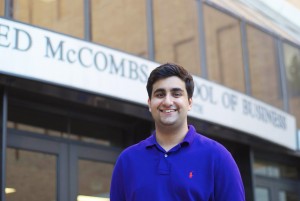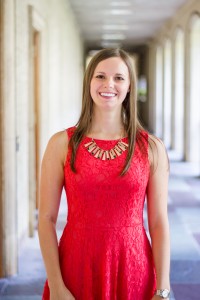Company: J.P. Morgan
Position: Corporate Finance Advisory Intern
Brexit. Walking into the office the morning after the vote was incredibly chaotic. Nobody knew how far the market would plunge, nobody could foresee the political or social consequences, and quite frankly, we were all confused. Since I had a previous working background and interest in politics, I was put on a team to help research the corporate finance impacts of Brexit. When it was all said and done, the firm published our research in a white paper which is available online. While I cannot claim to be a Brexit expert by any means, being in a financial environment during such a historic series of events is something I learned a lot from and will definitely remember going forward.
The classroom can’t always simulate certain environments in the real world. You can’t exactly simulate the long work weeks, difficult personalities to work with, or multiple deadlines to meet in a span of just a few hours. On the flip side, you can’t simulate the excitement of being on the phone with CFO’s, board members, and people who have worked in the bank longer than we have been alive. There were moments when I was praying I wouldn’t embarrass myself (half the time I did), and I have never felt those emotions in a classroom setting. While you might not learn how to deal with these situations now, UT definitely exposes you to best practices that can help you for when those moments arise, all within the comfort of the Forty Acres. Take advantage of the environment we have around us!
Throughout the summer, the deeper into finance I got, the more I found myself visiting parks and museums in my free time. While New York City is the financial capital of the world, it simultaneously provides the perfect mental escape. I could spend hours at the MoMA or the Cooper Hewitt and expand my interests in fashion, art, and photography. I never realized how closely I held on to my liberal arts education, and I plan to do so regardless of my career moving forward.
Be as genuine and transparent as you can during recruitment processes. At the end of the day, many recruiters want to connect with you on a personal level just as much they want to on a professional one. They have been in the industry long enough to identify what is genuine versus what is a facade. So if an interviewer asks you about your weakness, tell them exactly what you believe it is. No sugar coating, no following the weakness up with a subliminal strength either. Just be candid, and recruiters will appreciate that.




